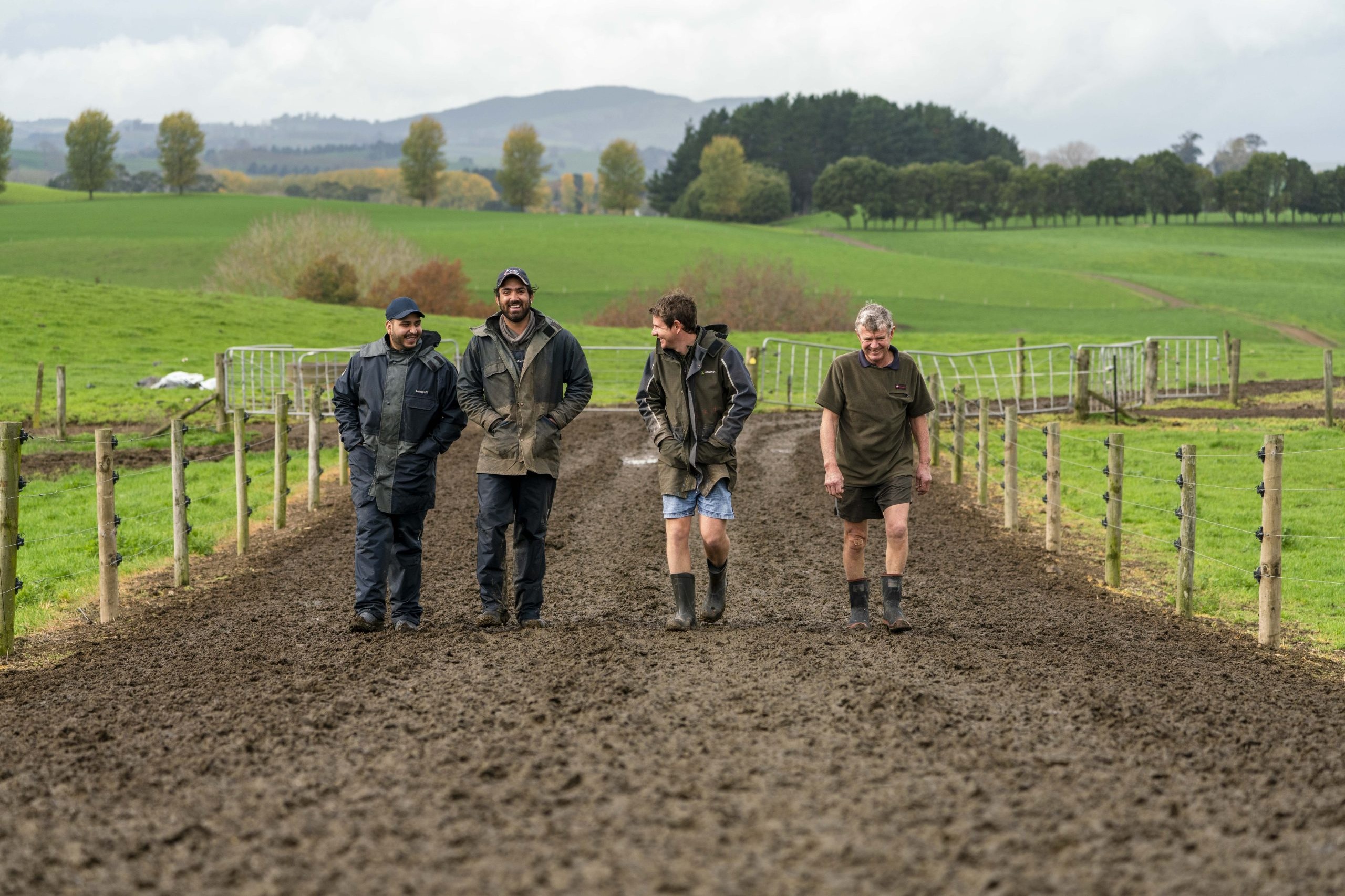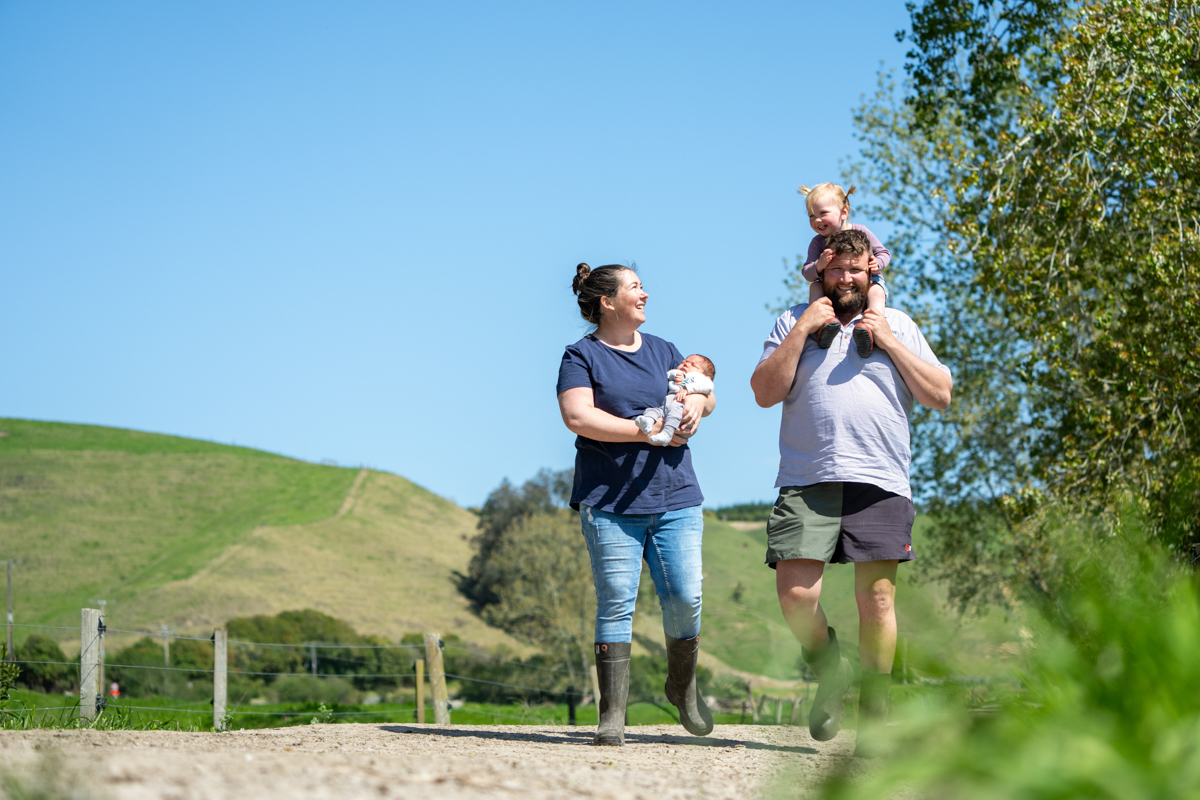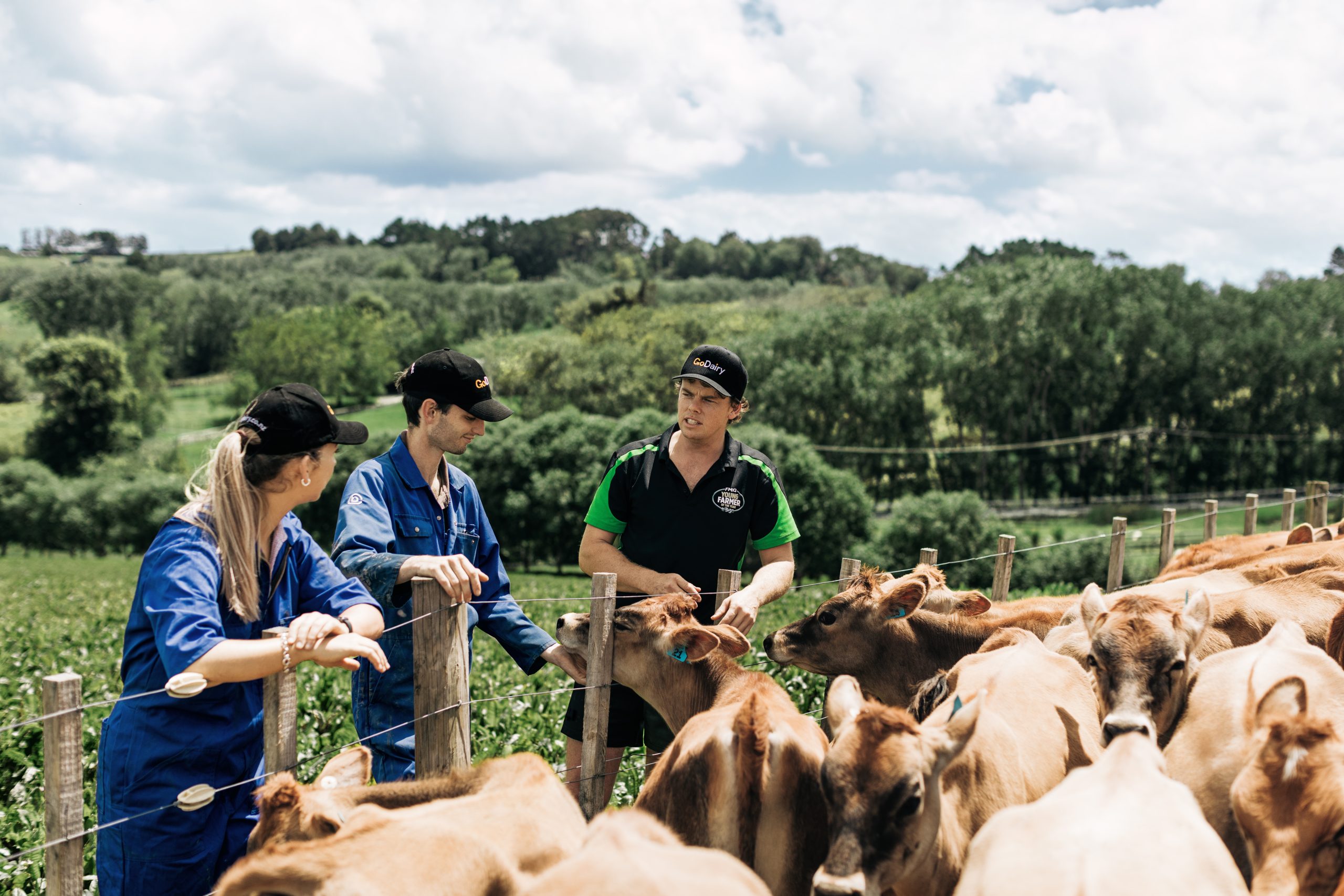Most farmers are being very proactive with new regulations looking five or 10 years ahead and what they will need to do, a young scientific adviser says. Photos and story by Karen Trebilcock.
Christina Bright has always been interested in environmental science as well as land management and she’s managed to combine the two into a career.
And because the 28-year-old is based in Cromwell working for Landpro covering Otago and Southland, that career involves a lot of time spent on dairy farms.
She started with Landpro in 2017 as a graduate, using her environmental science, hydrology and water quality skills.
However, she now works mostly with farmers helping them to manage regulatory risk and explaining how they can implement change on farm to meet consent requirements.
“I do lots of work supporting nutrient budgeters by preparing mitigation plans, and I work closely with our farm environment team to implement Farm Environment Plans (FEPs) to achieve regulatory responsibilities but also maintain farm performance,” she said.
Landpro, which started in 2007, now has more than 77 staff covering most of the country.
“We just seem to keep on growing.”
Christina grew up in a rural community in Marlborough where her parents grow grapes. She still enjoys the free bottles of wine dropped off at their vineyard, especially with a wedding coming up.
Sean Railton, her fiancé, is a cadastral surveyor, also employed by Landpro in Cromwell. The couple met while studying at the University of Otago.
Christina had headed south for the university’s famed Health Science’s first-year course with becoming a doctor in mind but, when she realised it wasn’t for her, switched to geography and a science degree which became a first-class honours which then became a PhD in hydrology.
“Everyone thinks that, because of my doctorate, and because I live in Cromwell, I know all about the Clyde Dam, but I don’t. I’m not an engineer. My interest is freshwater management and environmental science and it’s great I can do the two together and carve a career path.”
It’s an eight to five job, five days a week and involves everything from working at her desk in the Cromwell office to visiting farms and even installing flow gauges in rivers.
“Because I’m so short I have to wear full chesties instead of gumboots even when the rivers are shallow.”
After so long in academia, she enjoys getting outside.
“Whenever I can, I’ll be out onfarm talking to farmers. I love the rural landscape so much.”
Her role also saw her as an expert witness, during the Otago Regional Council Plan Change Seven Environment Court hearings two years ago.
“I was there on behalf of our clients and Landpro. A lot of what we do is about educating councils, working with them, so they understand what farmers need.
“We have a really good relationship with regional councils. Our approach is collaborative. It’s not about personalities or regional council versus farmer. We’re all trying to do the best, to work together, to meet the requirements needed.
“All of us, farmers, consultants and regional councils, are all trying to navigate fundamental changes together and if we all work together then we can achieve it.”
While the Southland regional council, Environment Southland, has for many years required most dairying activities to be consented, it is not the case with Otago Regional Council.
“We’ve had change at national level instead, to hold the line until some of the regional plans, like Otago’s, can catch up.”
And what she sees needed to make policies workable on farms, she can then discuss with colleagues in the office who are advising government directly.
“We can see the effect of the regulations, the practical changes required to make them work on farm.”
As well as being a go-between, she says one of the company’s tag lines is “no bull environmental solutions”.
“We’re explaining to farmers what the regulations are, what consents they need, and applying for them on their behalf.
“Most farmers are being very proactive, very progressive, looking five or 10 years ahead and what they will need to do.
“It’s about strategic planning. What you want to do and why and how you can achieve it, whether it be a new effluent system, a wintering barn, establishment of a new young stock block or an expansion of the dairy platform.”
And some of it was just understanding the rules. Two years ago the new National Environment Standards restricted farmers to intensive winter grazing only 10% or 50ha (whichever is the greater) of their property without consent.
But as Christina points out, some farmers may be able to grow a winter crop such as fodder beet and lift it to feed to cows on feed pads instead of grazing it in the paddock, and still meet the regulations.
She also works with people looking at purchasing farms.
“It used to be they would go to their bank or accountant first. Now they come to us at the same time and ask if they should buy the farm, whether they can farm it the way they want to or not.”
And the next generation of farmers who are buying farms, many of which have been to Lincoln or Massey universities, are better at understanding the new regulations and why they are happening.
Farming will keep changing, especially with the government’s new Intensive Winter Grazing (IWG) rules coming into effect later this year, but no one should be worried.
“I’m optimistic that farmers who are prepared for the upcoming regulations will be able to navigate them. They should look at them as an opportunity.
“We will be able to keep farming.”
However, farmers had to apply for the necessary consents ahead of time, and not ignore the changes.
“We are seeing a fundamental shift for wintering in the south but if farmers are carrying out best management practices now they will be in a strong position to manage the change in regulation.
“The regulations may not see an improvement in our waterways for a while, it might take generations for that to happen, but it will happen because of them.”





